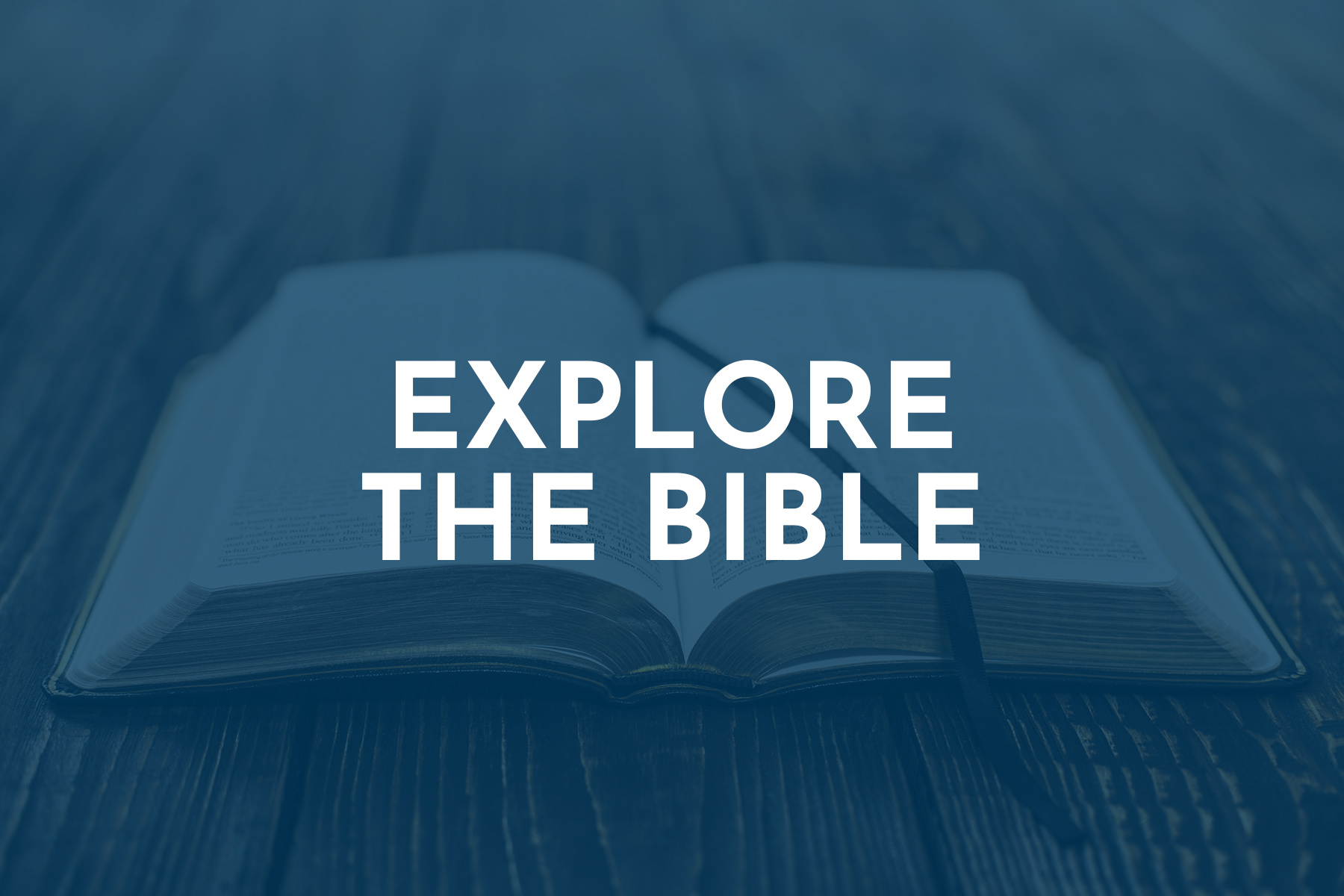Revealed • Genesis 41:14-21,33-37
By Laura Lee Leathers

Do you remember the last verse of last week’s lesson? It was: “But the LORD was with Joseph and extended kindness to him. He granted him favor with the prison warden” (Genesis 39:21). In the final two verses, we learn that the prison warden trusted Joseph with everything, “the LORD made it prosper.”
Meanwhile, the butler and the baker offended their boss at the King of Egypt’s place. Pharaoh sent them to prison, the same place where Joseph was confined. We don’t know how long they were in prison, but we read, “They were in custody for a while” (40:4).
Time passes, and then comes the morning when Joseph finds them looking sad. He learns they have both had a dream the same night. They wanted an explanation, but no one could interpret the dream.
Joseph tells them, “Do not interpretations belong to God?” With that statement, he explains the meaning of their dreams. In three days, the chief butler will regain his job. But the baker would be hanged on a tree.
Their fate would be decided on the third day of Pharaoh’s birthday. Both men were brought to the gathering. Things happened just as Joseph had told the men. However, when it came to fruition, “the chief butler did not remember Joseph, but forgot him” (v. 23).
Two whole years pass. Now comes Pharaoh’s two dreams. He explains his dreams of the cows and the grain to his magicians and wise men, but no one can give an interpretation. Then, the chief butler remembers Joseph.
Credit Given (Gen. 41:14-16) — It has been thirteen long years. Joseph went from being stripped of his beautiful coat, placed in a pit, sold into slavery, made personal assistant to Potiphar, set up by Potiphar’s wife, and put into a dungeon.
Joseph is being summoned. But first, there was the issue of his appearance. In the Egyptian culture, if he hadn’t shaved from the neck up, and probably his head, this would have insulted Pharaoh.
Once again, we see clothing mentioned. This time, the clothing represented a change of status. The prisoner Joseph is soon to be a member of Pharaoh’s court.
Dreams are another theme in Joseph’s life. In a face-to-face conversation, Pharaoh tells Joseph he had a dream that no one could interpret but that he heard Joseph could.
Joseph speaks of his inability but tells the ruler, “It is God who will give Pharaoh a favorable answer.”
Cows Consumed (Gen. 41:17-21) — The Nile River is one of the world’s longest rivers and usually floods yearly. When it floods, fertile black silt is deposited, making rich soil for agriculture. It also provides water for irrigation. From here, the cows in the dream would emerge.
How often have you seen a cow eat another cow? God didn’t create them that way. So, the dream was strange indeed.
Pharaoh repeats his story of the seven well-fed, healthy-looking cows consumed by the seven thin, sickly cows. One would think the sickly cows would look better, but that is what makes the dream so baffling. “Their appearance was as bad as it had been before.”
Plan Defined (Gen. 41:33-37) — In verses 25 through 32, Joseph gives Pharaoh the interpretation of both the dreams, cows and grain. He could have left the conversation at that point.
Joseph identified and explained the problem and provided a practical way out of the situation. He proposed a plan that needed to be placed into effect immediately.
First, a discerning and wise man needed to be over the land of Egypt. To discern means to be “someone who is intelligent and prudent. Wise describes one who is skillful and acts in an effective manner” (Lifeway).
Next, Pharaoh needed to appoint overseers to the land. They would be responsible for taking a fifth of the harvest along with the excess food and storing it for the future. The food would be stored in “supply cities.” All of this was to be done “under Pharaoh’s authority.”
The plan was so the Egyptians, the country, would “not be wiped out.” Pharaoh and all his servants were pleased with the proposal. He chose Joseph to fill the position, placing him second in command over Egypt: clothing him with fine linen garments, a gold chain around his neck, and a signet ring (41:40-42).
“Joseph’s plan provided a solution. By trusting God in prison, he put himself in a position to be used by God” (Lifeway).
“Trust in the Lord with all your heart, and lean not on your own understanding; in all your ways acknowledge Him and He shall direct your paths” (Proverbs 3:5-6 NKJV).
Leathers is a member of First Church, Lexington.





Comments are closed.